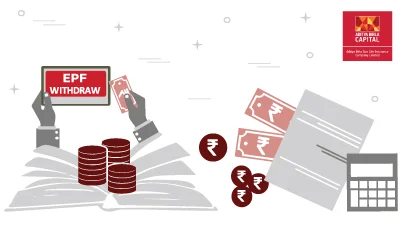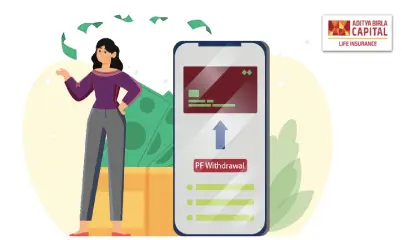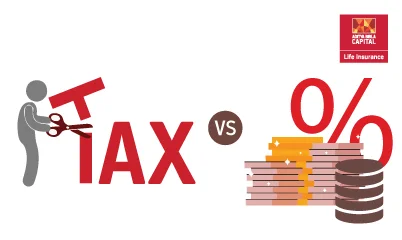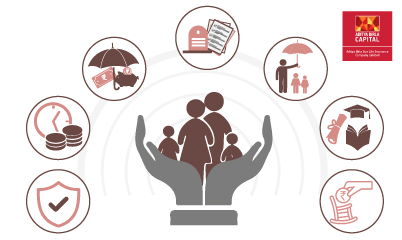Deduction Under Section 80EE


Get Guaranteed Returns After a Month^
Unlock the Power of Smart Investment!

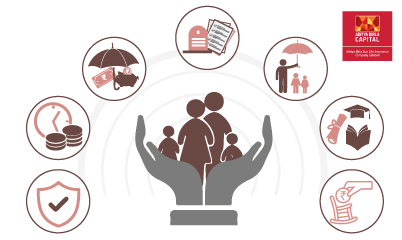
-
 Table of Contents
Table of Contents- What is Section 80EE?
- Characteristics of Section 80EE
- Tax Benefit on Mortgage
- Who Can Use Section 80EE to Claim a Deduction?
- How Should I Claim The Section 80ee Deduction On My Income Tax Return?
- A Deduction Under Section 80ee Must Meet Specific Requirements
- Link Between Section 80EE and Section 24 of the Income Tax Act of 1961
- What Connection Exists Between Sections 80EE and 80EEA?
- Conclusion
- FAQs
What is Section 80EE?
Characteristics of Section 80EE
Tax Benefit on Mortgage
Who Can Use Section 80EE to Claim a Deduction?
How Should I Claim The Section 80ee Deduction On My Income Tax Return?
A Deduction Under Section 80ee Must Meet Specific Requirements
Link Between Section 80EE and Section 24 of the Income Tax Act of 1961
What Connection Exists Between Sections 80EE and 80EEA?
Conclusion
FAQs
About Author
ABSLI DigiShield Plan
-
Disclaimer
ABSLI DigiShield Plan. This is a non-linked non-participating individual pure risk premium life insurance plan; upon Policyholder’s selection of Plan Option 9 (Level Cover with Survival Benefit) and Plan Option 10 (Return of Premium [ROP]) this product shall be a non-linked non-participating individual life savings insurance plan. UIN: 109N108V11
^ ABSLI DigiShield Plan scenario: Female, non smoker, Age: 21 years, level Term Insurance, Premium paying Term: regular pay, policy term: 25 years, Pay frequency: Annual Premium of Rs. 6500/12 months (on average Rs. 542/month) Exclusive of GST (offline premium).
~ Our life insurance policies cover COVID -19 claims under life insurance claims, subject to applicable terms & conditions of policy contract and extant regulatory framework.
*Tax benefits are subject to changes in tax laws. Kindly consult your financial advisor for more details
ADV/6/23-24/527
Subscribe to our Newsletter
Get the latest product updates, company news, and special offers delivered right to your inbox
Thank you for Subscribing
Stay connected for tips on insurance and investments

 Home Loans
Home Loans
 Personal
Loans
Personal
Loans
 SME Loans
SME Loans
 Business Loans - Udyog
Plus
Business Loans - Udyog
Plus
 Loan against Securities
Loan against Securities
 Mutual Funds
Mutual Funds
 Stock and
Securities
Stock and
Securities
 Portfolio
Management Services
Portfolio
Management Services
 Pension Funds
Pension Funds
 Life
Insurance
Life
Insurance
 Health
Insurance
Health
Insurance
 Wellness
Solutions
Wellness
Solutions
 Pay Bills
Pay Bills
 Pay anyone
Pay anyone
 Pay on call
Pay on call
 Payment
Lounge
Payment
Lounge
 ABC Credit
Cards
ABC Credit
Cards

 1800-270-7000
1800-270-7000






